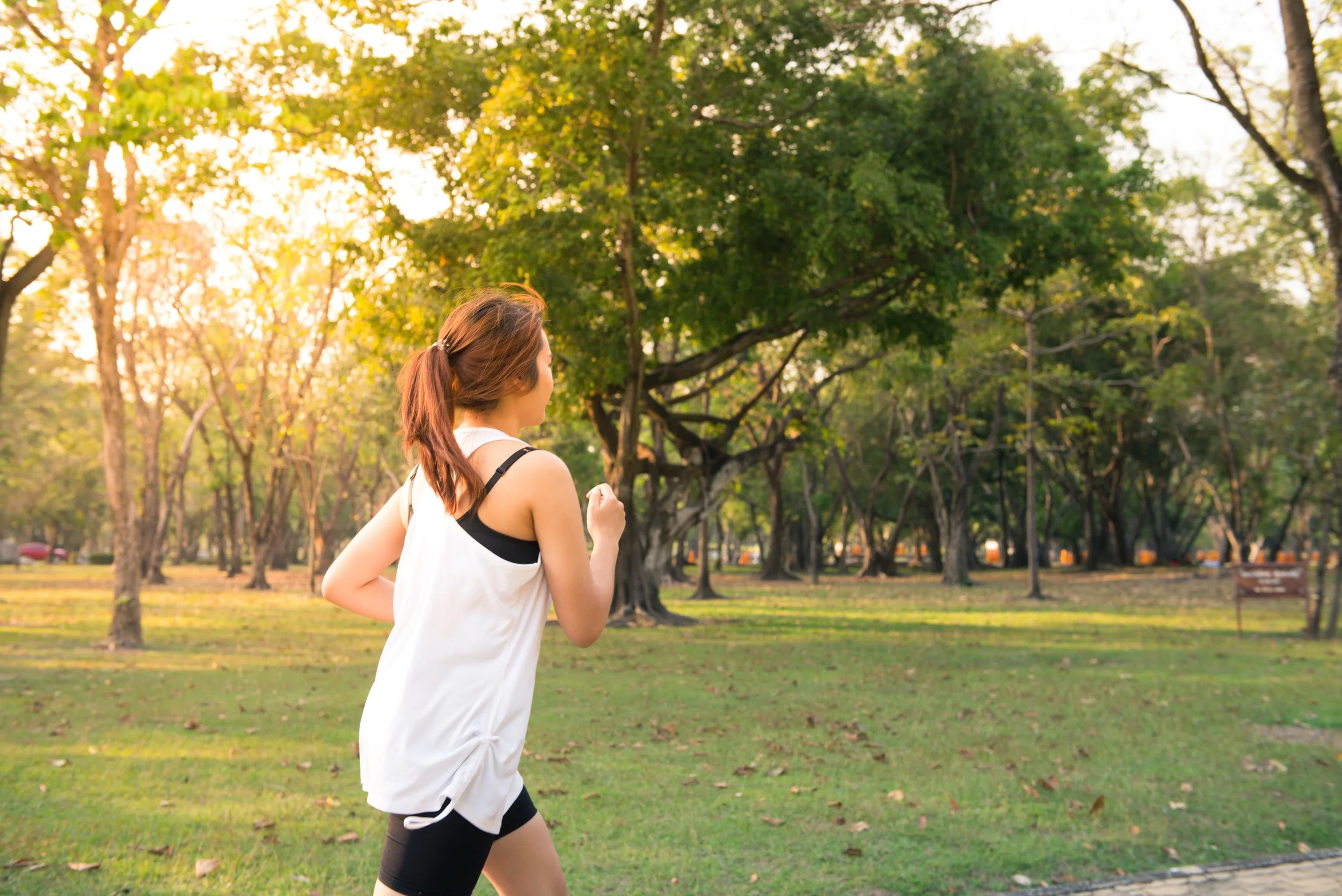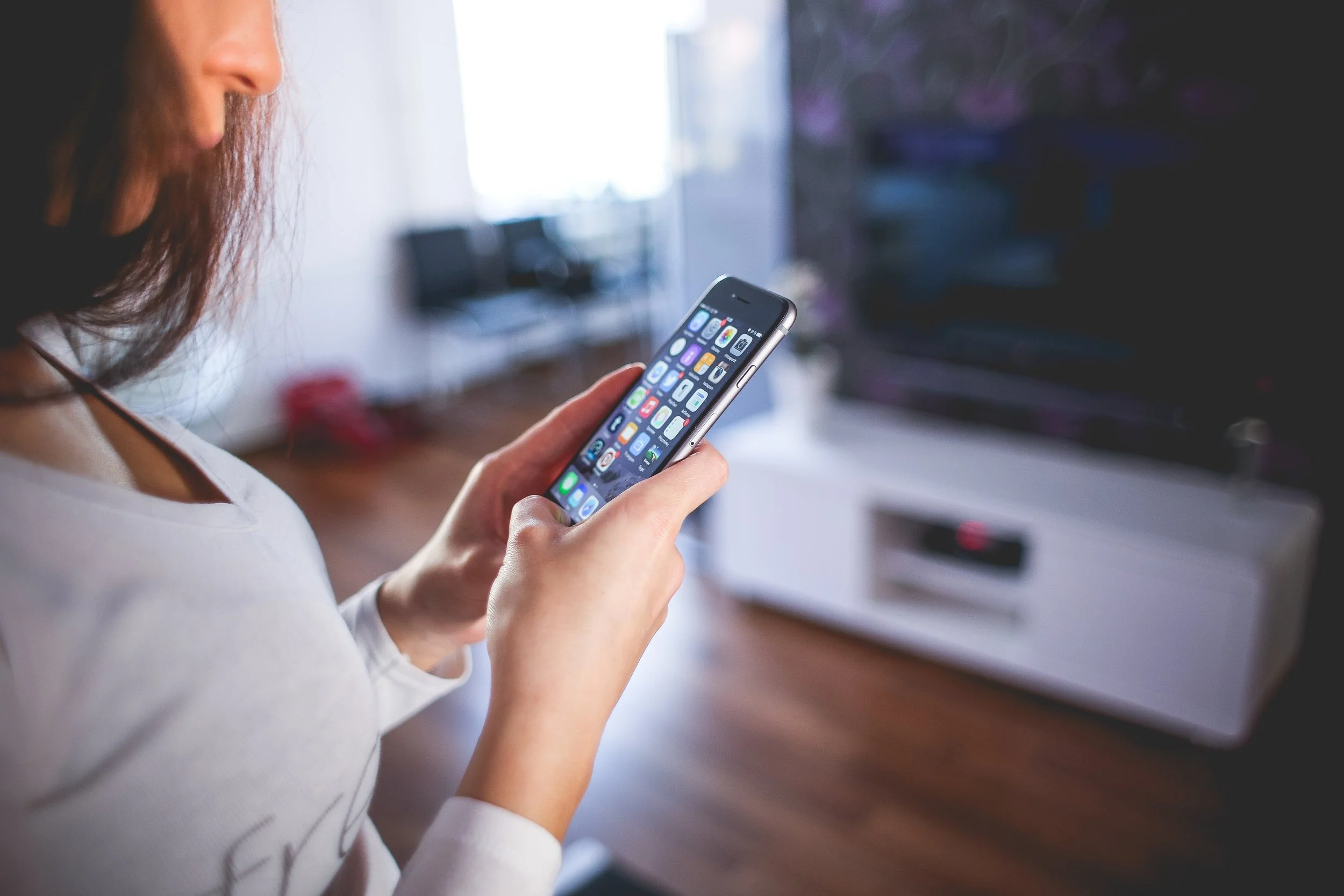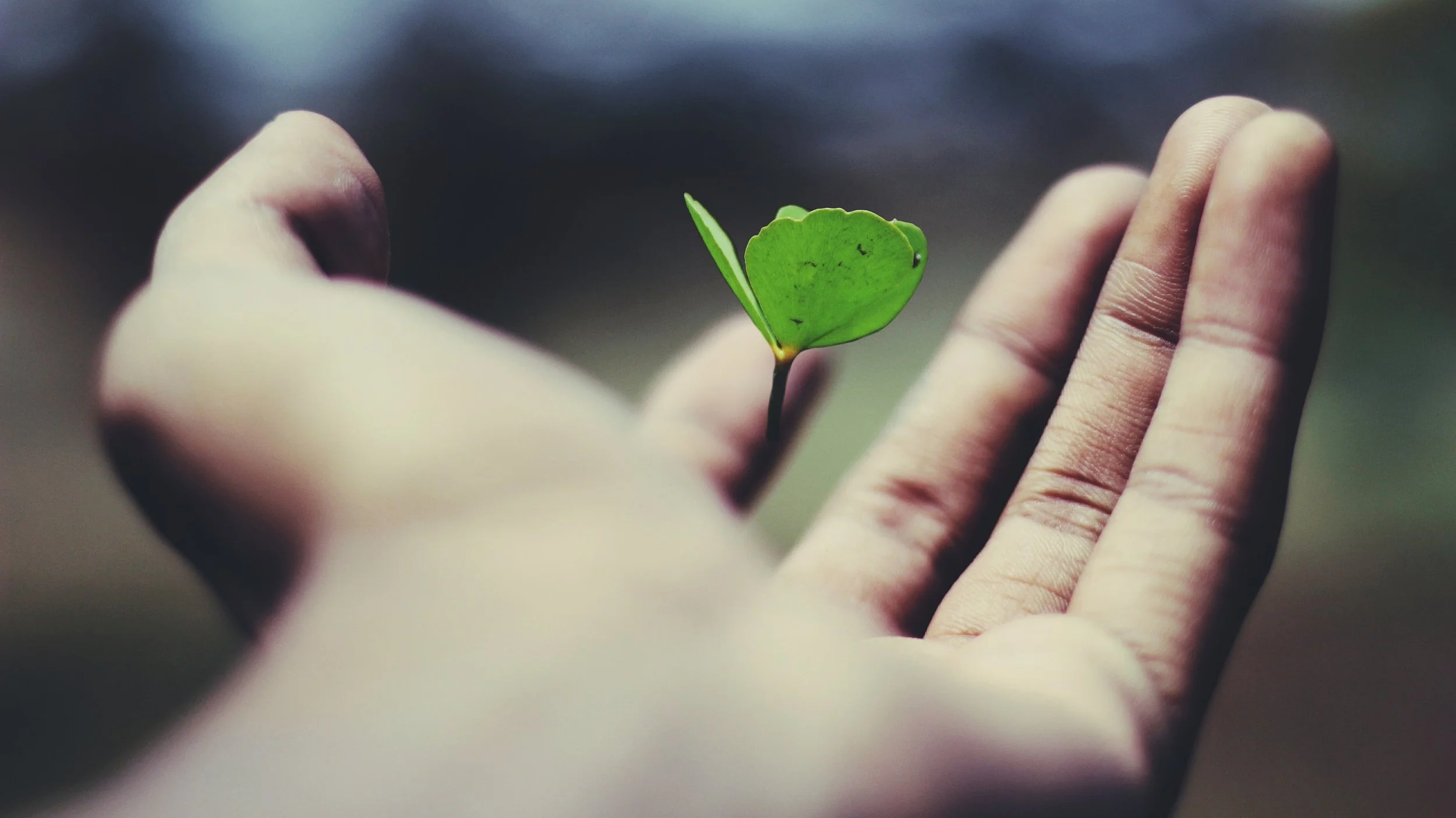4 Tips for Protecting Your Well-Being during Lockdown
When the COVID-19 pandemic first kicked off approximately a year ago, few would have predicted that lockdowns would still be ongoing in many places 12 months later – but, unfortunately, that is the situation we find ourselves in.
In addition to the devastating effects of the virus itself, the ongoing knockdowns have also been deeply detrimental to many people’s well-being, in a variety of different ways, ranging from uncertainty over the future, to immediate physical consequences.
During times like these, it’s important to be able to accept that many things are not under our direct control, and to look for ways to safeguard and protect our individual well-being, and to focus on the things we can directly influence, instead.
Here are a handful of practical tips that might help you to effectively protect your well-being during lockdown and all the challenges that come along with it.
Step back from your future goals for the time being, and focus on day-to-day habits, instead
It can be devastating to have your future goals and aspirations trampled by external circumstances that you are helpless to influence. But in a time of such uncertainty as the present moment, it might be that one of the best things you can do for your well-being is to step back from thinking about long-term future goals, altogether.
Just for the time being, at any rate.
Of course, just because you’re taking a break from setting goals for the future, or working out your “free of plans,” does mean that you should just give in to despair and become totally passive.
Instead, the best approach is likely to be to shift your focus on future goals to day-to-day habits, instead.
As Scott Adams, James Clear and others have pointed out – if you have good daily habits that keep you moving “in the right direction,” it is very likely that good things will happen to you over time, and that you will achieve a lot – even in the absence of a clearly defined “SMART goal.”
In fact, there is an argument to be made that having those kinds of clearly defined goals, and fixating on them, is often counter-productive.
For one thing, it often makes people focus myopically on the goal itself, without being able to enjoy the journey or notice the opportunities that arise in day-to-day life.
For another thing, goals put you in a mindset of “lack.” You always feel like you’re not where you want to be, until and unless you’ve achieved your next goal.
Then, there’s the obvious fact that whether or not you achieve a particular goal isn’t entirely up to you, and will have a lot to do with things that are outside of your direct control, that happen in the wider world. Like a pandemic.
If you want to be a novelist, for example, setting up a daily writing habit is as likely to lead you in that direction as anything else. It may be significantly more likely, in fact, to get you there than actually fixating on the goal of being a novelist.
Your daily habits are things that you can always shape and influence, and that help you to feel self-contained and empowered.
So, for the sake of your well-being, pay attention to your daily habits during lockdown.
Get outside for at least a few minutes each day, if possible
If you live in an area where stringent social distancing restrictions are in place, and social hubs and venues are shut down, it can easily end up feeling like there’s very little motivation at all for actually leaving the house other than for the essentials.
Getting outside, however, can be an extremely important and powerful requirement for an individual's sense of well-being.
Remaining indoors too much can lead to a growing sense of complete detachment from the world at large, and can fuel harmful and excessive rumination and morbid introspection.
Getting outside – especially to somewhere with a bit of greenery – can really help you to feel more grounded and connected to the world at large, and can give you a much-needed dose of perspective and stress relief.
If at all possible according to your local restrictions, try to get outside for at least a few minutes a day, even if you’re just pacing around for a while a short distance from your home, while listening to a podcast or audiobook.
Keep in contact with your loved ones with the magic of video calls
While there are many potential downsides to the ways in which social media shapes our interactions, modern digital services such as FaceTime, Skype, and WhatsApp can be a real game changer when it comes to helping us stay connected with our loved ones, from a distance.
Psychological research indicates that the vast majority of human communication actually occurs through non-verbal means – such as by body language, facial expressions, and the town of our voices.
Social alienation is a devastating thing, and can take a real detrimental toll on anyone's sense of well-being.
Make an extra effort to keep in contact with your loved ones during lockdown, but don’t let yourself fall into the habit of just texting back and forth. Set up video calls, and get as close as possible to the experience of a real face-to-face social interaction.
Reach out to mental health experts if needed
When all is said and done, no individual is an island, and we all need support and companionship from other people, from time to time.
If you’re struggling with your mental health during lockdown, it may be that reaching out to a psychologist or other experts in mood disorders could be a godsend with regards to getting you back on your feet and helping you to regain a sense of balance and wellness.
Even if you aren’t quite comfortable with reaching out to mental health experts as things stand, there are books and courses available for teaching yourself well-vetted psychological practices such as Cognitive Behavioral Therapy, that may really prove helpful.











